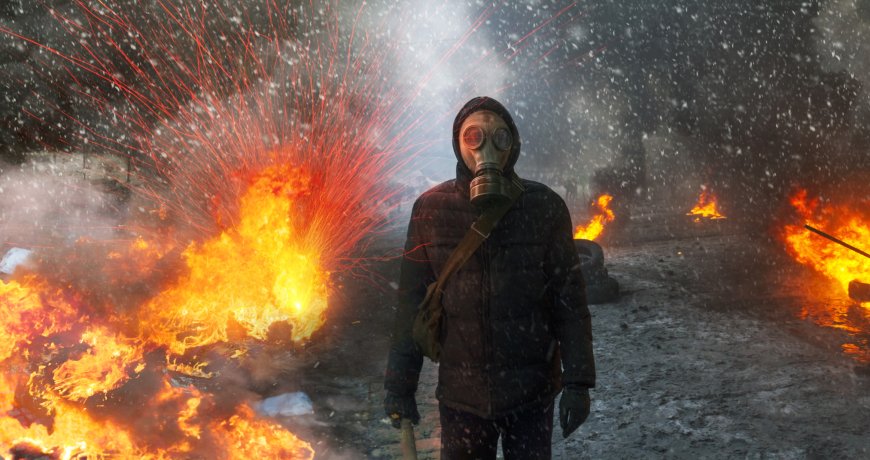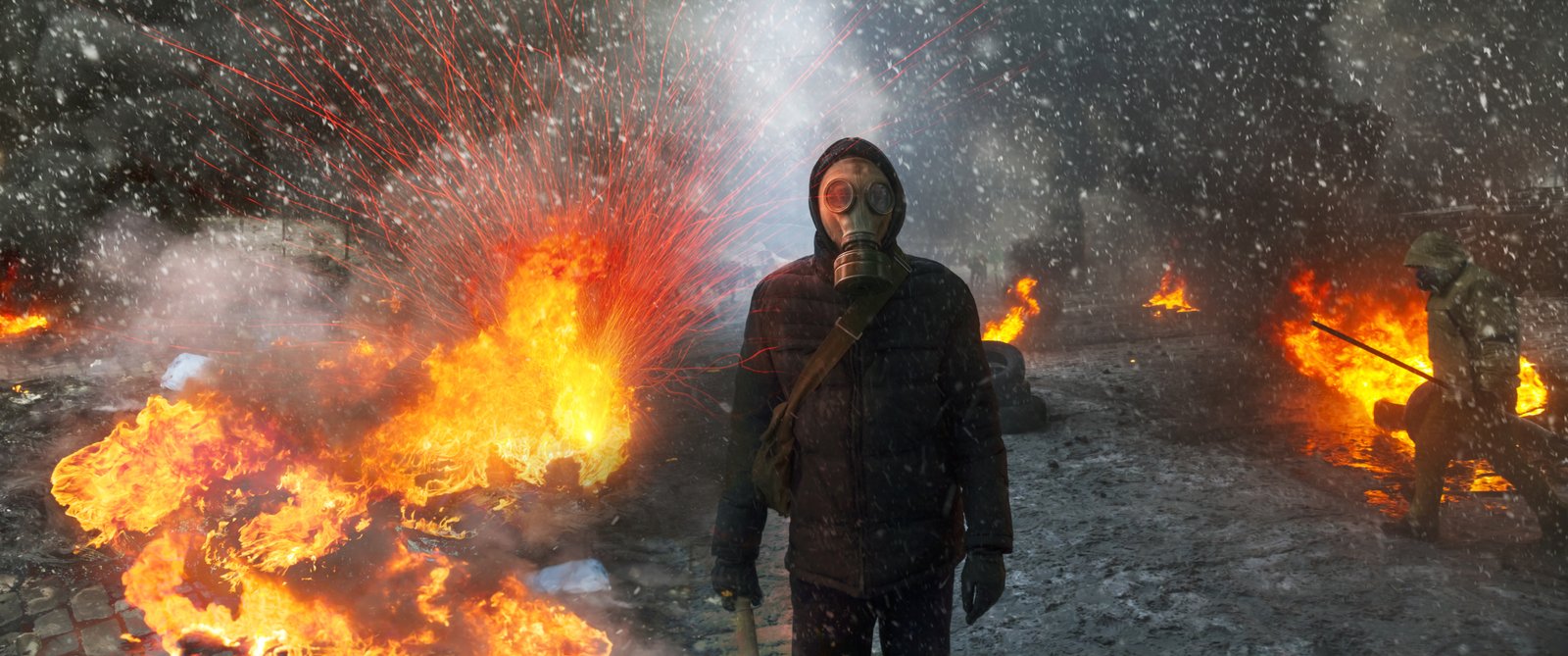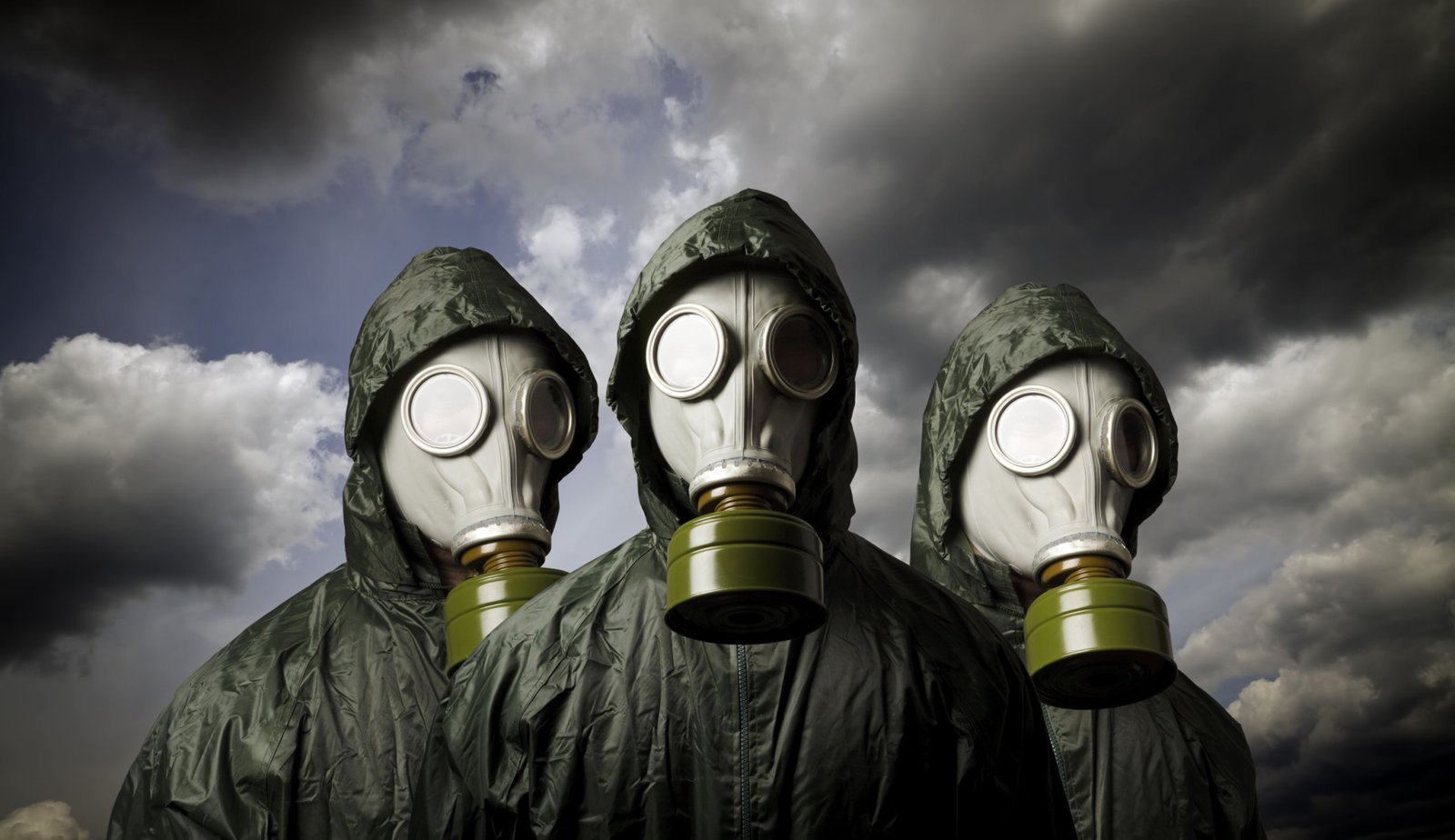How Long Do Gas Mask Filters Last?
How Long Do Gas Mask Filters Last? The longevity of a gas mask filter is a critical aspect that directly impacts the effectiveness of this life-saving device. The duration a filter lasts is influenced by a variety of factors, necessitating a nuanced understanding of its components, the nature of potential contaminants, and the specific conditions in which it is employed.
Gas mask filters typically employ activated charcoal, renowned for its exceptional adsorption capabilities, especially against gases and vapors. However, the adsorption process has limitations, and the filter’s effectiveness gradually diminishes as it reaches its saturation point. This phenomenon raises the question: how long can a gas mask filter effectively adsorb contaminants?
The answer is multifaceted. The duration of optimal use depends on the type and design of the filter, the specific gas mask model, the concentration of pollutants in the environment, and the volume of contaminants encountered during use. Different filters may have varying adsorption capacities, leading to discrepancies in their lifespan.
Filters designed for particulate matter, like dust or smoke, face a different challenge. As they accumulate particles on their surfaces over time, the airflow may be impeded, compromising the filter’s efficacy. Routine checks and assessments become essential to ensure that the filter continues to function optimally.
Manufacturers generally provide guidelines regarding the estimated lifespan of their filters. However, these projections are approximations, and real-world conditions may vary significantly. It is imperative for users to be attuned to the specific environmental variables and the intensity of exposure in their contexts.
In scenarios where gas masks are utilized in industrial settings or during emergencies, routine inspections and filter replacements are not just advisable but crucial. Regular maintenance is the key to ensuring that the gas mask remains a reliable defense mechanism. Users should remain vigilant in monitoring the filter’s condition, swapping it out promptly when signs of diminished efficiency emerge.
To further complicate matters, certain filters may have expiration dates, even if unused. Over time, the structural integrity of the filter materials can degrade, compromising their ability to form an effective barrier against contaminants. This emphasizes the importance of not only regular use but also periodic replacement even if the gas mask has not been in active service.
In conclusion, while there is no universal timeframe dictating how long a gas mask filter lasts, a combination of factors influences its longevity. Regular maintenance, adherence to manufacturer recommendations, and a keen awareness of the environmental context collectively contribute to maximizing the filter’s lifespan.





